- Categories:
Small Press Profile: The Feminist Press
- By Liz Button
The Feminist Press at the City University of New York (CUNY) is an independent nonprofit literary publisher that has become the vanguard for books on contemporary feminist issues of equality and gender identity.
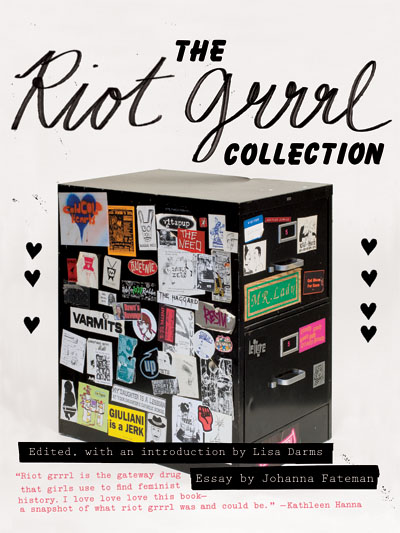 Founded by activist and professor Florence Howe in 1970, The Feminist Press began as a crucial publishing component of second wave feminism, reprinting feminist classics that had gone out of print, such as I Love Myself When I Am Laughing by Zora Neale Hurston and The Yellow Wallpaper by 19th century writer Charlotte Perkins Gilman. Early on, the Press also published much-needed texts for the developing field of women’s and gender studies, including books by Barbara Ehrenreich and Grace Paley.
Founded by activist and professor Florence Howe in 1970, The Feminist Press began as a crucial publishing component of second wave feminism, reprinting feminist classics that had gone out of print, such as I Love Myself When I Am Laughing by Zora Neale Hurston and The Yellow Wallpaper by 19th century writer Charlotte Perkins Gilman. Early on, the Press also published much-needed texts for the developing field of women’s and gender studies, including books by Barbara Ehrenreich and Grace Paley.
Today, The Feminist Press publishes about one new book a month and offers 45 years of backlist titles by authors as varied as Louise Meriweather, Ruth Kluger, and Ann Jones. Its staff of seven also produces the academic journal Women’s Studies Quarterly out of its headquarters on the CUNY Graduate Center campus (though it is not affiliated with the university).
Some of The Feminist Press’ more successful titles over the years include The Riot Grrrl Collection, the first full-color collection of the iconic punk feminist zine, and the 1979 book of feminist folk tales from around the world, Tatterhood and Other Tales, which will get a reboot from the publisher this July.
Jennifer Baumgardner, The Feminist Press’ executive director and publisher, noted that the Press has been a real trailblazer when it comes to the diversity of its list.
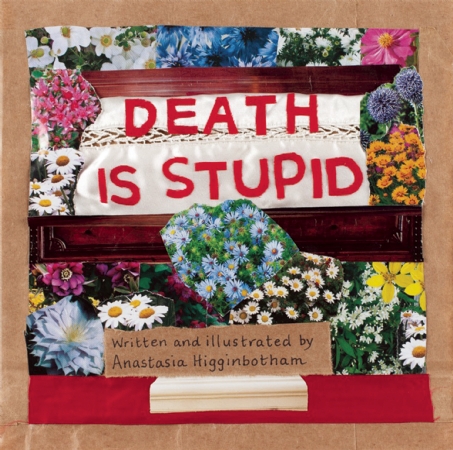
“We are really alert to the voices that may be so marginalized that a mainstream press either wouldn’t know to value them or know how to handle them. So we’re kind of the canary in the coal mine of feminist issues that haven’t hit the mainstream yet,” she said. “And then, secondarily, we’re a nonprofit publisher with an educational mission, so we try to build social justice programs and platforms around the books that lend themselves to it — which is a lot of them — to essentially shift the culture.”
Baumgardner, who came to the Press two and a half years ago, is the author of six books, including Manifesta: Young Women, Feminism, and Future (FSG) with Amy Richards, and the producer of the documentaries It Was Rape and Speak Out: I Had an Abortion. During her tenure, she has helped develop social justice partnerships and programs, including the educational play SLUT, which was written in collaboration with New York City high school students about their real life experiences with sexual violence. SLUT has now been licensed and performed at high schools and colleges across the country.
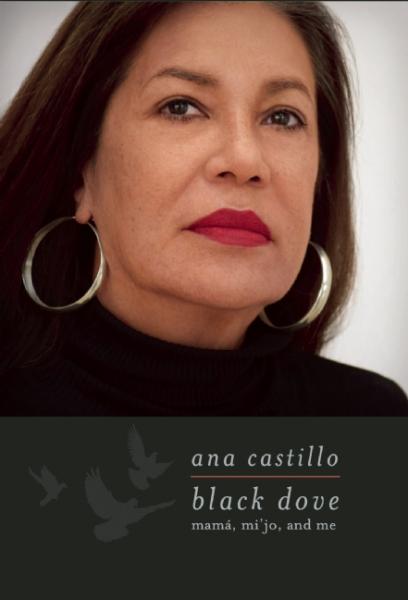
Baumgardner has also introduced new children’s books to the publisher’s repertoire. This April, the Press will publish Death Is Stupid by Anastasia Higginbotham, the second book in its Ordinary Terrible Things series for children. The series is “truly revolutionary” in its treatment of topics like death, divorce, and abuse, Baumgardner said. “The books take the child’s point of view about these ordinary but nonetheless terrible things that might happen in a kid’s life.”
In May, the Press will publish Chicana feminist icon Ana Castillo’s memoir-in-essays, Black Dove: Mama, Mi’jo, and Me, which explores what it means to be a Mexican single mother in a time of mass incarceration and hateful rhetoric toward immigrants. In June, it will publish the final work from Broadway legend and Tony-winner Liz Swados, the darkly comic novel Walking the Dog, about an ex-con’s attempts to reconnect with her daughter.
This July will mark the Press’ third time publishing a translation of French feminist Virginie Despentes, this time her punk love story Bye Bye Blondie. Alongside it, a special box set of the new title and Despentes’ two previous titles with Feminist Press, Apocalypse Baby and King Kong Theory, all with covers drawn by Molly Crabapple, will be released.
Though coloring books have become a trend, Baumgardner said the Press held off on publishing one until it received a proposal that really wowed the staff.
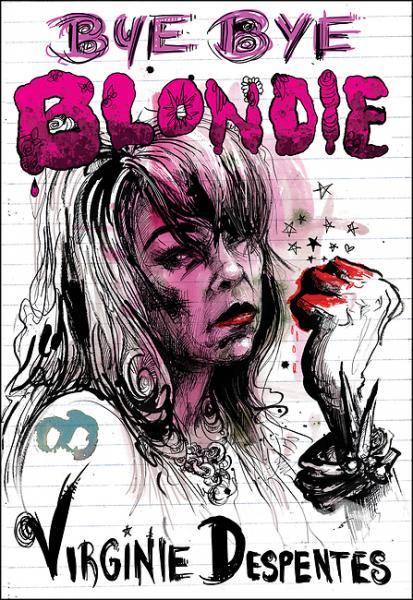 “The one that finally made us take the leap is by an artist named Makeda Lewis, who created an Afro-feminist coloring book. It’s super literary but also pop,” Baumgardner said. “It just had a completely unique, but what felt like a profoundly feminist, visual style, and then the allusions and references that she makes in the text almost make it like a fabulous women’s studies course.”
“The one that finally made us take the leap is by an artist named Makeda Lewis, who created an Afro-feminist coloring book. It’s super literary but also pop,” Baumgardner said. “It just had a completely unique, but what felt like a profoundly feminist, visual style, and then the allusions and references that she makes in the text almost make it like a fabulous women’s studies course.”
Currently, the Press is also spearheading a project called “The Corrective Canon,” an initiative to create a literary canon that isn’t restricted to dead white men. The project kicked off this spring with feminist and lesbian activist Sarah Schulman as its inaugural author, beginning with her novel The Cosmopolitans, a queer retelling of Balzac’s Cousin Bette, said Baumgardner.
Going forward, Baumgardner said her dream for the Feminist Press is just to do more of the things they do really well: shepherding every book through the publication process with the deep personal commitment and close attention they give to all of their authors.
“I think we set our authors up for success,” she said. “With The Cosmopolitans the early numbers are really good, and I think it has to do with the level of commitment and love we show to each author and their book.”
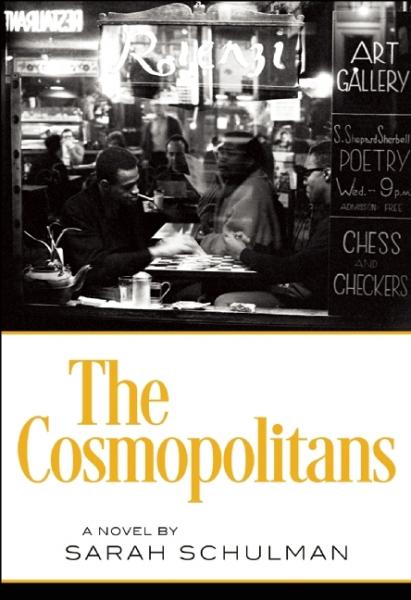
“I also think we at the Press need to continue to demonstrate that feminism is extremely broad and diverse and intersectional with the work that we are doing,” she said. “We need to keep lifting up some of the most important feminist voices writing today, rather than just the people you are used to hearing from.” New projects in this vein include a book with the Crunk Feminist Collective as well an upcoming book workshop project with Asian American writers.
“We’re consistently reaching out to people who are making important feminist work to offer them the opportunity to collaborate, and people are really open and happy for the opportunity,” said Baumgardner.
When it comes to outreach, Baumgardner said the Press also makes an active effort to do events at and make personal connections with a wide range of independent bookstores, touring as many authors as they can. Getting their books into more general-interest independent bookstores and extending their reach beyond niche stores is one of its more important goals.
“That hand-sell by an independent bookseller is really going to be the only way our books go places,” Baumgardner said.

